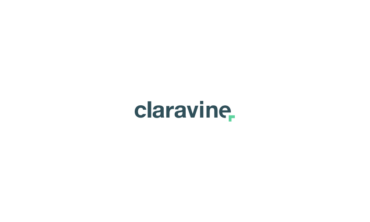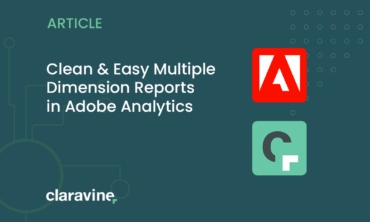Ensuring a smooth data check-in at Hilton

Manually managing 20 separate campaign code spreadsheets, and manually testing links in batches of up to a hundred at a time — that was how Hilton’s senior digital analyst was spending her days. In the process of each campaign rolling out, she devoted primary resources to ensuring the compliance of other team members: making sure each marketer and e-commerce manager understood the rules about who was meant to use which codes, and managing permissions and exceptions. These tasks were made more daunting because of the company’s complex code structure, leading to a cycle of training, manually checking links, and fixing mistakes (hopefully pre-launch).
Because time was spent on making sure that pre-campaign data capture was in place, less time was left for the back-end number crunching and analysis that might have provided for better optimization during the campaign. The work of manually checking links inevitably left the door open for human error, as well. Even the most careful analyst can slip when verifying batches of codes running to the hundreds.
Implementing a solution that rationalized tracking code generation — and which, in the process, automatically classified codes to the organization’s standards and verified data capture — allowed Hilton to save more than 30 employee hours of each working week. There is still time spent on training, but the work of manually verifying links and managing cumbersome spreadsheets is gone. The time freed up by the upgrade is equivalent to saving an employee’s salary (and perhaps saving an employee’s sanity).
The timing couldn’t be better. As we enter a world of Big Data, complex data science is increasingly becoming the work of independent analytics teams at large corporations like Hilton — no longer reporting to the CIO, or viewed as a function of marketing, but structured as standalone groups developing their own strategies and work product. This shift will require a renewed emphasis on originating data quality, and on minimizing the risk of human error in data capture. Freeing up analysts to study data, rather than forcing them into a role of spreadsheet-manager/ compliance-cop, will lead not just to happier analysts, but to better competitive intelligence for companies brave enough to take the leap.



